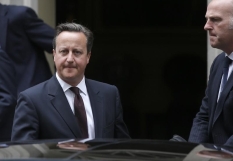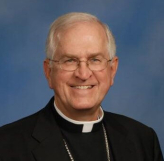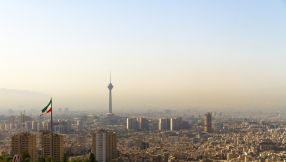British armed police could get greater legal protection if they shoot suspected criminals after David Cameron ordered a review following the Paris attacks last month, the Sunday Times reported.
The review will examine whether the law gives sufficient protection to officers making a "split-second" decision to shoot. It comes after concerns from senior police that armed officers do not have the legal or political support to work with confidence.
The atrocities in Paris sparked questions about whether British police were in a position to cope with a similar attack and concerns were raised by the Metropolitan Police Commissioner as well as being discussed at a National Security Council meeting last week.
Unlike most forces around the world, British police are not routinely armed and currently around 6,000 of 130,000 officers in England and Wales are trained to use guns although the government plans to increase that number.
The Sunday Times, citing a senior government source, said Cameron was prepared to change current laws to give those armed officers greater protection against prosecution.
"Terrorist incidents both at home and abroad have shown very clearly the life-and-death decisions police officers have to make in split-second circumstances," the source said, according to the newspaper.
The paper reported that the government would review whether existing laws go far enough to support officers. Currently armed police can defend their use of weapons if they "honestly and instinctively" believe that doing so is reasonable.
"We must make sure that when police take the ultimate decision to protect the safety of the public they do so with the full support of the law and the state — there can be no room for hesitation when lives are at risk," the source told the newspaper.
However Labour leader Jeremy Corbyn said immediately after the Paris attacks that he was "not happy" with police operating a shoot-to-kill policy although he later clarified his remarks and said he supported any "strictly necessary force".
He told the Sunday Times that any move to weaken oversight of firearms would "diminish" public confidence in police.
"There has to be a very robust and strong independent inquiry into what the police do," he told the newspaper. "Like any other public organisation, they must be held to account. I hope this is not a political stunt."
The announcement comes after a firearms officer was arrested last week over the shooting of Jermaine Baker, 28, in north London. Police have launched a murder investigation into the incident.
Additional reporting from Reuters.















